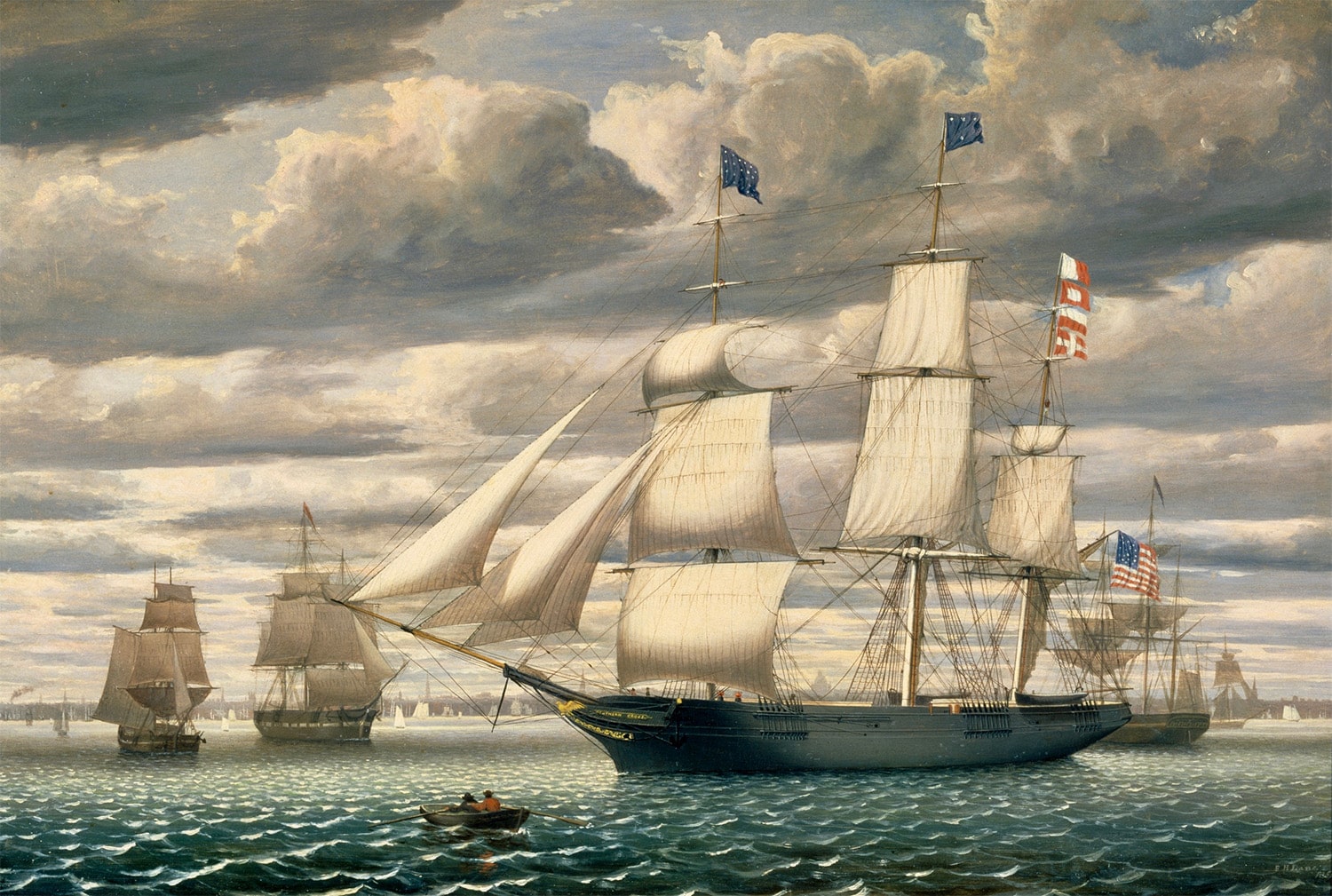
21 interesting facts about Mercantilism
- 👁️ 263
Mercantilism, a pivotal economic theory and practice that shaped the world from the 16th to the 18th centuries, remains a topic of fascination among historians and economists alike. Rooted in the belief that national power and wealth are best increased through a positive balance of trade, mercantilism influenced the policies of numerous European powers. It led to an era of exploration, colonization, and, unfortunately, exploitation. By understanding mercantilism, one can glean insights into the economic motivations that drove the Age of Discovery and the complex trade networks that emerged. Here, we delve into the world of mercantilism, unveiling facts that highlight its significance and impact on global history.
- Mercantilism was the dominant economic theory in Europe from the 16th to the 18th century.
- It posited that a country’s wealth and power were best enhanced by maximizing exports and minimizing imports.
- Gold and silver were considered the basis of national wealth according to mercantilist thought.
- Mercantilism led to the implementation of protectionist trade policies, including tariffs and quotas.
- The Navigation Acts, passed by the British Parliament in the 17th century, were a prime example of mercantilist policies designed to control trade and bolster national power.
- Colonies played a crucial role in mercantilism by providing raw materials to the mother country and serving as exclusive markets for manufactured goods.
- Mercantilism contributed to the rise of a strong, centralized state as governments took an active role in directing the economy.
- The theory supported the formation of monopolies, such as the British East India Company, granted exclusive rights to trade in particular regions.
- Mercantilism was challenged by the Physiocrats and later economists like Adam Smith, who argued for free trade and the division of labor.
- The Triangular Trade, involving the exchange of goods between Europe, Africa, and the Americas, was driven by mercantilist principles.
- Mercantilism encouraged exploration and discovery as European powers sought new trade routes and resources.
- It also led to intense competition and military conflicts between European states over control of trade routes and colonies.
- Mercantilist policies often resulted in the exploitation and oppression of colonial peoples.
- The theory held that the world’s wealth was fixed, leading to the belief that one nation’s gain was another’s loss.
- Jean-Baptiste Colbert, finance minister to Louis XIV of France, was a leading advocate of mercantilism and implemented several policies to strengthen France’s economy.
- Mercantilism played a role in the development of the Atlantic slave trade, as slaves were considered part of the wealth to be traded.
- The Spanish Empire’s accumulation of gold and silver from the Americas was in line with mercantilist goals.
- Mercantilism’s focus on manufacturing led to technological innovations and the growth of industries in Europe.
- The theory influenced urban development as cities became centers of trade and manufacturing.
- The Peace of Westphalia in 1648, which allowed nations to control their own trade policies, marked a significant moment in the history of mercantilism.
- The transition to industrial capitalism in the 19th century marked the decline of mercantilism as the dominant economic theory.
Mercantilism shaped the economic and political landscapes of its time, fostering an age of exploration, colonization, and intense international competition. Its legacy is a complex web of global trade networks, technological advancements, and profound societal changes. While mercantilism has been largely supplanted by free market principles, its impact on the formation of the modern world remains undeniable. By examining the intricacies of mercantilism, we gain a deeper understanding of the forces that have driven economic and political development throughout history.
Mercantilism, a pivotal economic theory and practice that shaped the world from the 16th to the 18th centuries, remains a topic of fascination among historians and economists alike. Rooted in the belief that national power and wealth are best increased through a positive balance of trade, mercantilism influenced the policies…